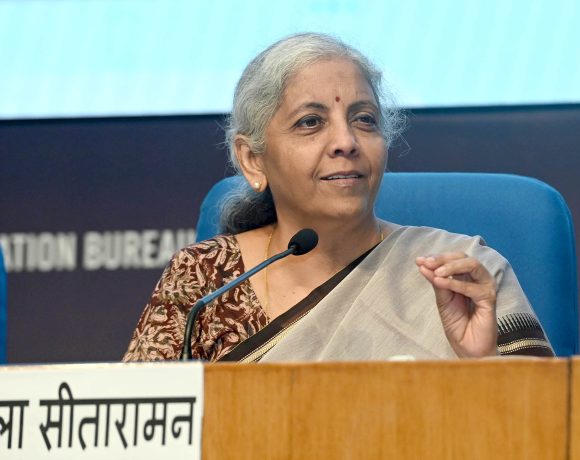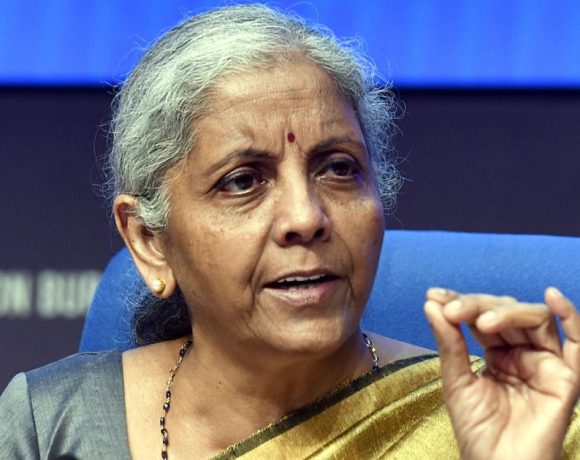
HDFC CEO Jagdishan Moves SC to Quash Lilavati Trust FIR
HDFC Bank’s Managing Director & CEO, Sashidhar Jagdishan, has escalated the legal battle surrounding the Lilavati Kirtilal Mehta Medical Trust by approaching the Supreme Court. He seeks to overturn an FIR accusing him of accepting ₹2.05 crore in exchange for influencing governance decisions of the Trust. The case has triggered a storm of legal and public interest.
FIR Alleges Cheating and Breach of Trust
The FIR, lodged at Bandra Police Station on May 31, alleges that Jagdishan orchestrated receipt of funds from the Chetan Mehta faction as part of a quid-pro-quo arrangement. He is charged under Sections 420 (cheating) and 409 (criminal breach of trust) of the Indian Penal Code. The Trust claims the money was paid to preserve its legal control mechanisms and that Jagdishan advised in ways that undermined the estate’s governance.
High Court Proceedings Hit Roadblocks
The Bombay High Court has seen multiple delays, as three judges recused themselves from hearing the matter citing conflicts of interest. One judge held shares in HDFC, while two others cited personal reasons not to preside, causing repeated postponements. With the next hearing not expected to be scheduled until mid-July, the delay is affecting HDFC’s ability to pursue recovery actions tied to disputed loans.
Supreme Court Intervention
In response to the stalled progress and mounting urgency, Jagdishan’s legal team has petitioned the Supreme Court to consider his plea. They argue that the delays are hampering both bank operations and Jagdishan’s reputation. The Supreme Court has agreed to hear the matter promptly, underscoring the significance of legal clarity. The case is likely to be placed on the court’s agenda shortly.
Trust Seeks CBI Probe
Meanwhile, the Lilavati Trust has requested that the investigation be transferred to the Central Bureau of Investigation (CBI). They argue that Jagdishan held a role akin to a public servant and therefore the FIR should fall under the Prevention of Corruption Act. The dispute highlights tension between alleged improper influence and the Trust’s rights to accountability.


















